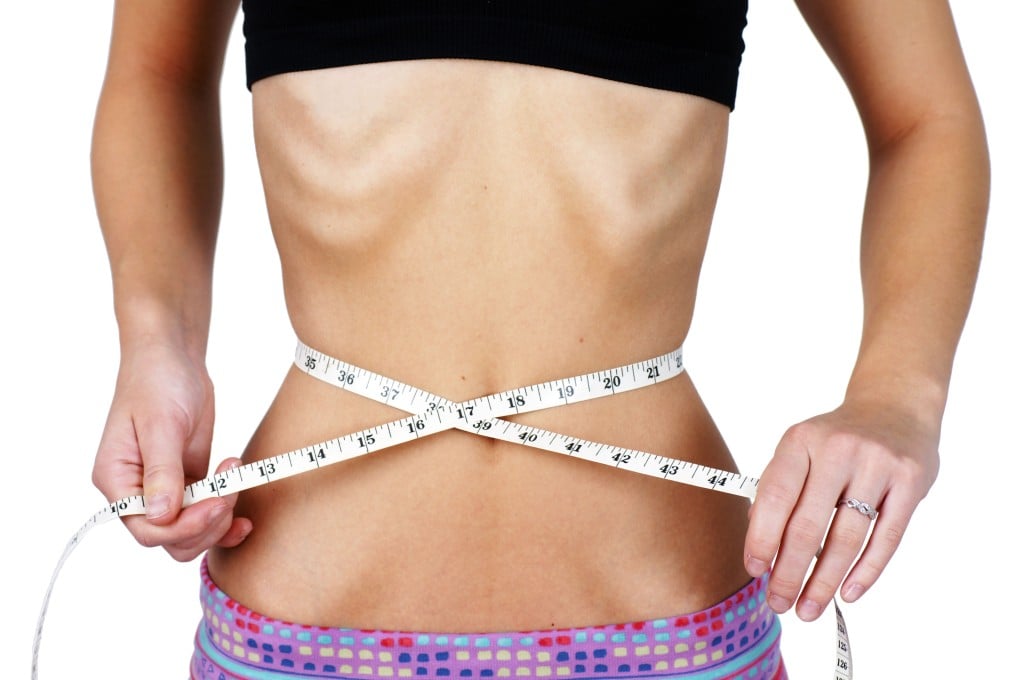Instagram eating disorder ‘recovery accounts’ offer support – but shouldn’t replace professional help, experts say
- Social media is often blamed for fuelling some eating disorders, but it has also helped people who are recovering from anorexia, bulimia and binge eating
- While social media recovery groups have helped some people, experts caution it should not replace professional treatment

Type in the hashtags “edrecovery” or “eatingdisorderrecovery” on Instagram and more than 2 million posts show up. Most of these posts are made up of selfies, motivational quotes, photos of healthy meals and videos of people working out at the gym.
The creators of these posts are men and women who are recovering from eating disorders (EDs) such as anorexia, bulimia and binge-eating disorder.
One such creator is Kara Park, who posts from the Instagram account Karafaithpark . The 23-year-old American, who is of South Korean descent, was diagnosed with anorexia in 2018 while studying at university in California; she began treatment soon after. The recovery journey was lonely, she says, until she came across other ED sufferers on Instagram.
“The week I started my treatment, I randomly searched the hashtag ‘eatingdisorderrecovery’ to see what would come up. To my surprise, I discovered a whole community of people who had EDs and were in the process of healing. I felt very encouraged scrolling through their accounts, reading their posts and learning about their recovery,” she says.
Park was inspired to create her own “recovery account” on Instagram.